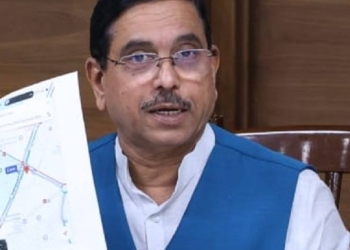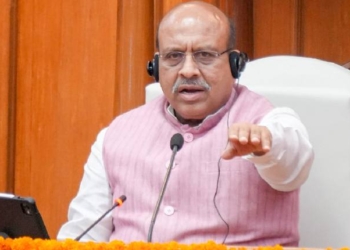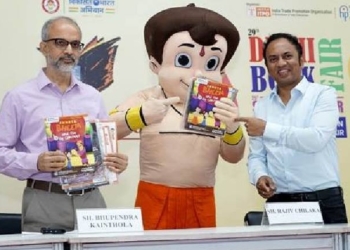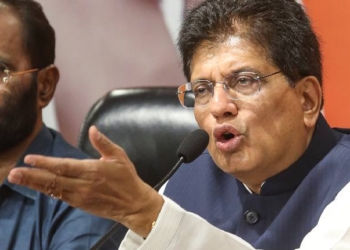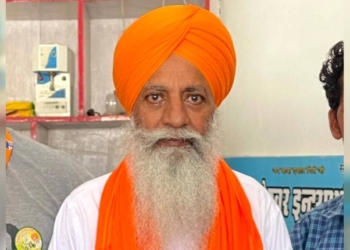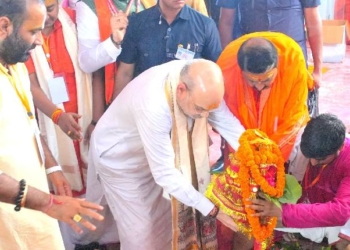New Delhi: The Supreme Court on Thursday declined to entertain a plea challenging the validity of the provision mandating “blanket and automatic” disqualification of legislators upon conviction and sentence.
Counsel for petitioner Aabha Muralidharan, contended before Chief Justice of India D.Y. Chandrachud that the provision restrains a lawmaker from freely discharging the duties cast upon him/her by the voters of the constituency.
The bench, also comprising Justices P.S. Narasimha and J.B. Pardiwala, told counsel that the court is not inclined to entertain the petition and “let the aggrieved party come before us”.
The bench asked the counsel, “How are you as an individual affected? When you are disqualified due to the provision, then we can look into it” and asked the lawyer to either withdraw your petition or it will dismiss it.
The plea prayed that automatic disqualification under Section 8A(3) of the Representation of People Act, 1951, should be declared as ultra vires of the Constitution, for being arbitrary, illegal, and violative of fundamental right to equality.
The petitioner, a social worker from Kerala’s Malappuram, sought a direction that automatic disqualification did not exist under Section 8A(3) of the Act, while citing Congress leader Rahul Gandhi’s disqualification as an MP by the Lok Sabha Secretariat.
The plea said: “The grounds for disqualification ought to be specific with the nature of offences as specified under the Code for Criminal Procedure and not in a blanket form, as is currently in force under Section 8(3) of the RP Act”.
The plea contended that interpretation provided by the apex court in Lily Thomas case (2013) requires re-examination, to the effect of adjudicating the provisions of disqualification under Chapter III of the Act. “The operations of Lily Thomas case are being blatantly misused for wreaking personal vengeance against the political parties,” said the plea.
“If the offence under SectionA499 and 500 of the IPC, which just technically has a maximum punishment of 2 years is not removed singularly from the sweeping effect of the judgement in Lily Thomas, it will have a chilling effect on the right of representation of the citizens.”
(IANS)




